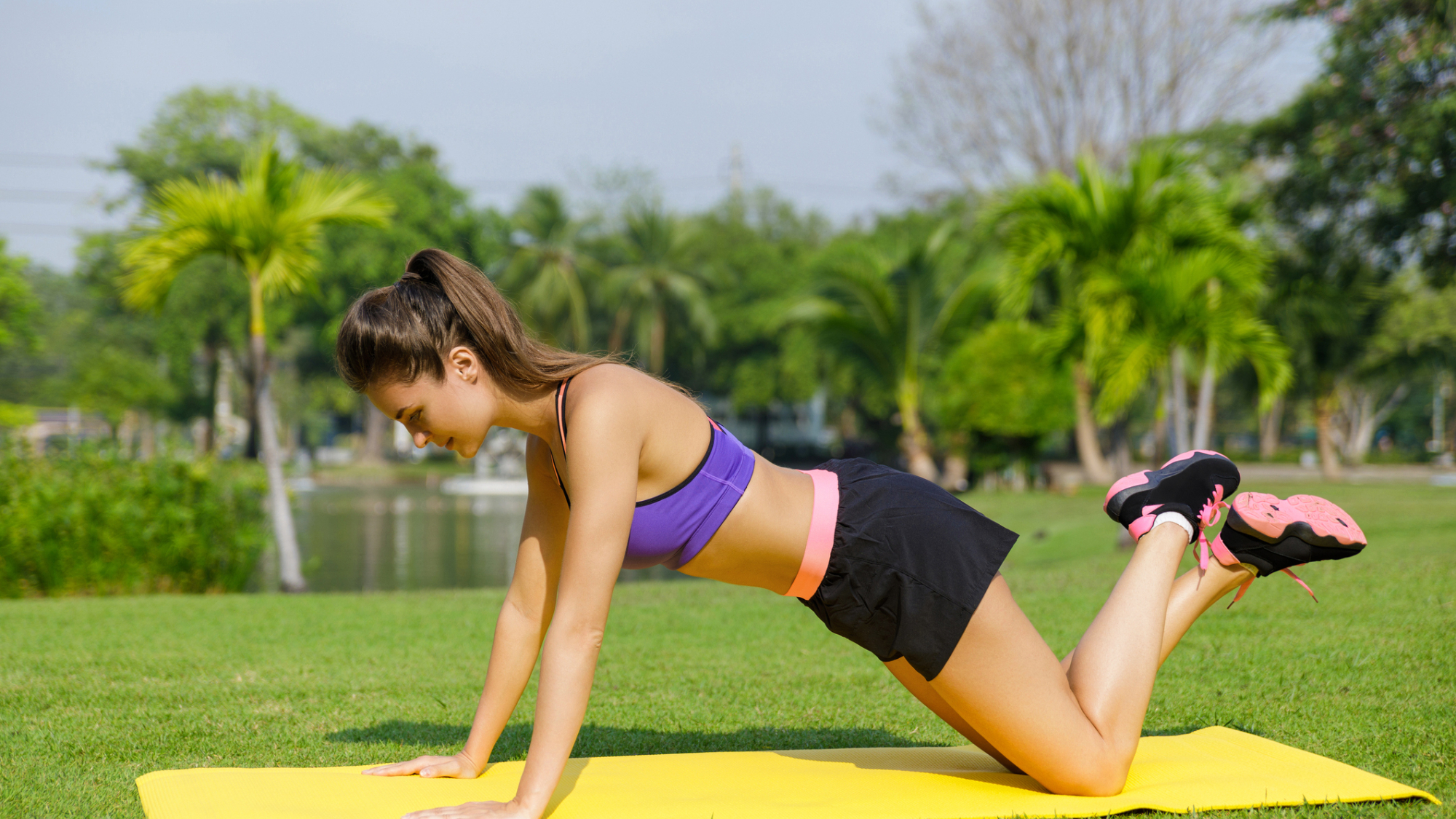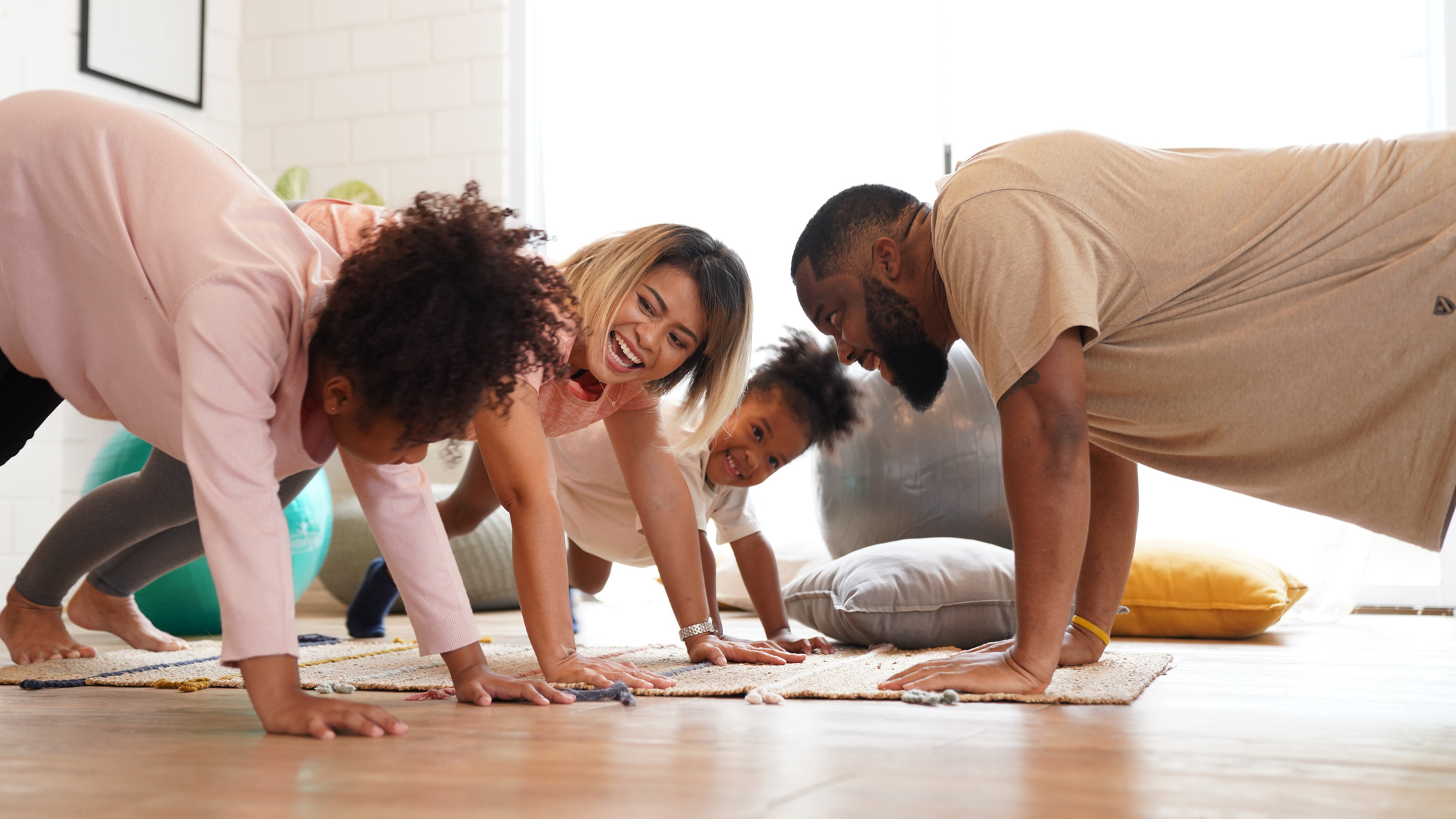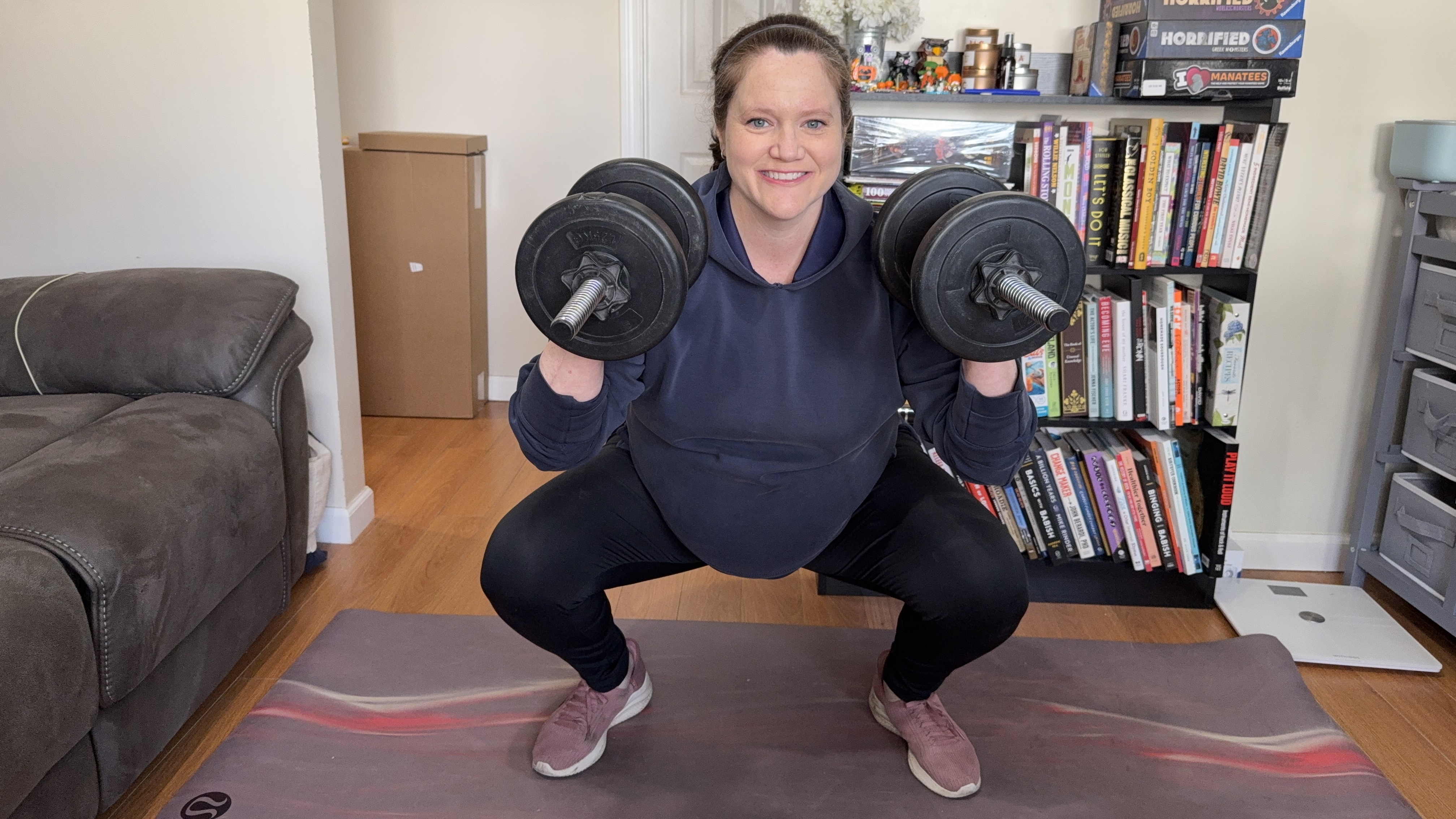You don’t need burpees to build strength and endurance — try this seven-move, low-impact workout instead
Build full-body strength, develop your core and improve your mobility with these equipment-free exercises


The idea of bouncing around during burpees can be an unappealing prospect, especially if you have an old knee or hip injury to worry about. Luckily, you don't have to endure high-impact exercises to get a great workout.
There are plenty of jump-free bodyweight exercises that can still get your heart pumping and muscles burning. We love these kinds of moves because they're gentle on the joints and require minimal equipment — usually just your best yoga mat.
This workout from personal trainer Rachael Sacerdoti uses seven low-impact exercises to target muscles across your entire body.
"This routine puts minimal strain on the joints and bones, so you are less likely to aggravate or further injure yourself," Sacerdoti tells Fit&Well. "In addition, this workout is brilliant for increasing muscle strength and tone, enhancing flexibility and balance, and helping with weight management."
How to do Rachael Sacerdoti's low-impact full-body workout
A post shared by Rachael Sacerdoti | Transformation Coach (@itssosimple_rs)
A photo posted by on
Perform the seven exercises as a circuit, resting as little as possible between each one. Repeat this circuit for three total rounds to complete the workout.
If you're new to any of these moves, you can watch the videos above for a demonstration of each one from Sacerdoti herself.
Speaking to Fit&Well about the exercises, Sacerdoti advised that they target muscle groups across the legs, arms, back and core. Some of the moves, like the leg half circles, will also challenge your flexibility. In brief, it's a comprehensive full-body session, but one that puts minimal strain on injury-prone joints like the knees.
Get the Fit&Well Newsletter
Start your week with achievable workout ideas, health tips and wellbeing advice in your inbox.
Advice for tackling this workout
We asked Sacerdoti to provide some top tips for anyone preparing to tackle this workout, and she delivered.
- Pay close attention to your form during each exercise to ensure you are performing them correctly and safely. Proper form will help you get the most out of each movement and reduce the risk of injury.
- If you feel any discomfort or pain during the workout, modify the exercises as needed or take a break. It's essential to work within your comfort level and gradually progress.
- Feel free to take short breaks between exercises if required. Focus on completing each exercise with good form rather than rushing through them.
- Always warm up before exercising, and finish with a cool down to help your heart rate and breathing return to normal gradually.
In addition to this, we'd advise that you fuel up properly before and after you work out. It's important to stay hydrated (make sure you've got your best gym water bottle to hand before you start the routine) and get an adequate amount of protein in your diet. This will help your muscles to repair themselves after grueling exercise sessions.

Harry Bullmore is a Fitness Writer for Fit&Well and its sister site Coach, covering accessible home workouts, strength training session, and yoga routines. He joined the team from Hearst, where he reviewed products for Men's Health, Women's Health, and Runner's World. He is passionate about the physical and mental benefits of exercise, and splits his time between weightlifting, CrossFit, and gymnastics, which he does to build strength, boost his wellbeing, and have fun.
Harry is a NCTJ-qualified journalist, and has written for Vice, Learning Disability Today, and The Argus, where he was a crime, politics, and sports reporter for several UK regional and national newspapers.
-
 “Working out doesn't have to be boring”—why I love this trainer’s Cha Cha Slide fitness challenge
“Working out doesn't have to be boring”—why I love this trainer’s Cha Cha Slide fitness challengeBuild core strength and get strong shoulders with this dance-themed challenge
By Maddy Biddulph
-
 A personal trainer says this is the HIIT workout to do if you’re over 40—here’s what I think
A personal trainer says this is the HIIT workout to do if you’re over 40—here’s what I thinkThis no-impact workout delivers lots of high-intensity cardio without major stress on your joints
By Jennifer Rizzuto